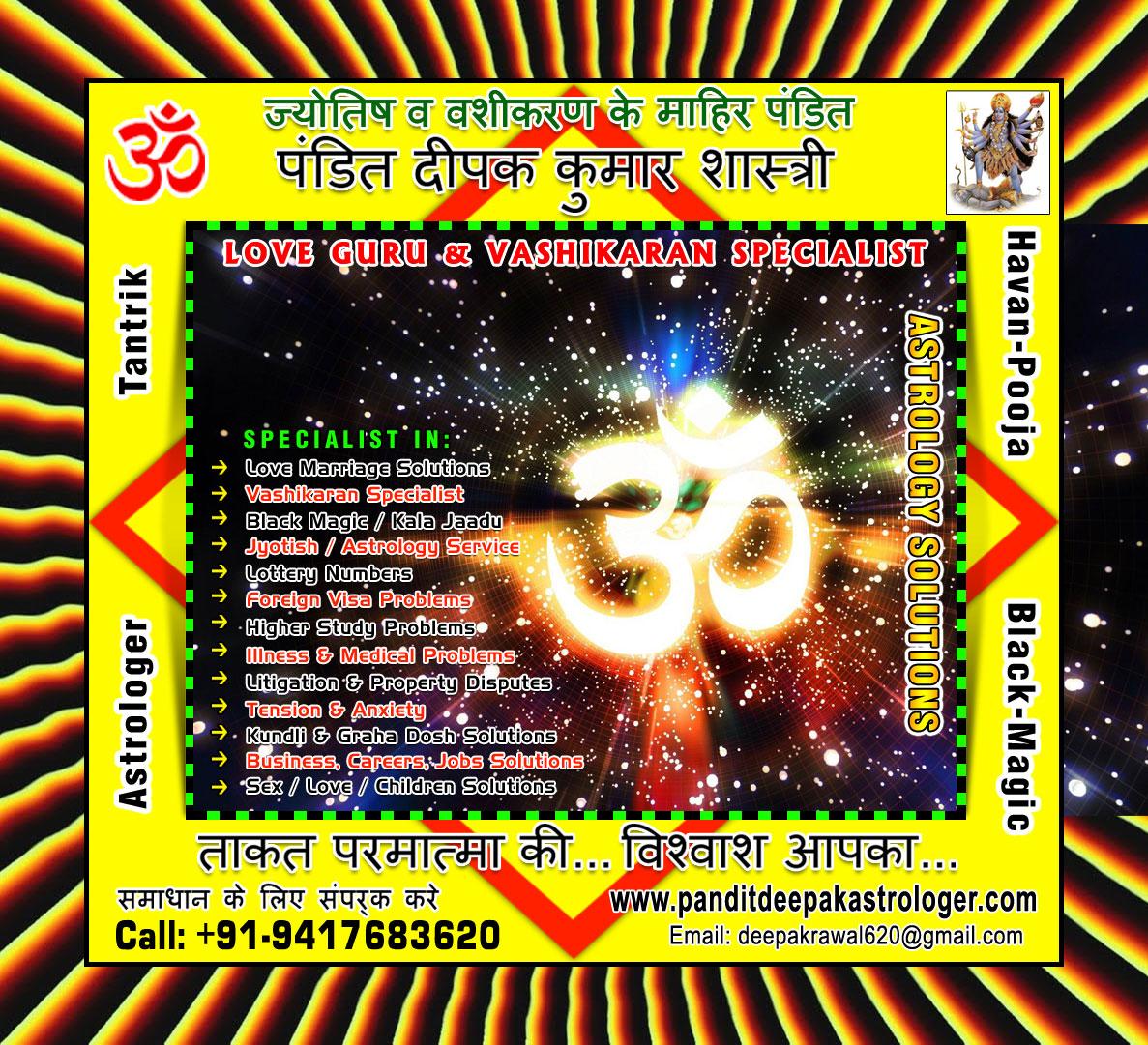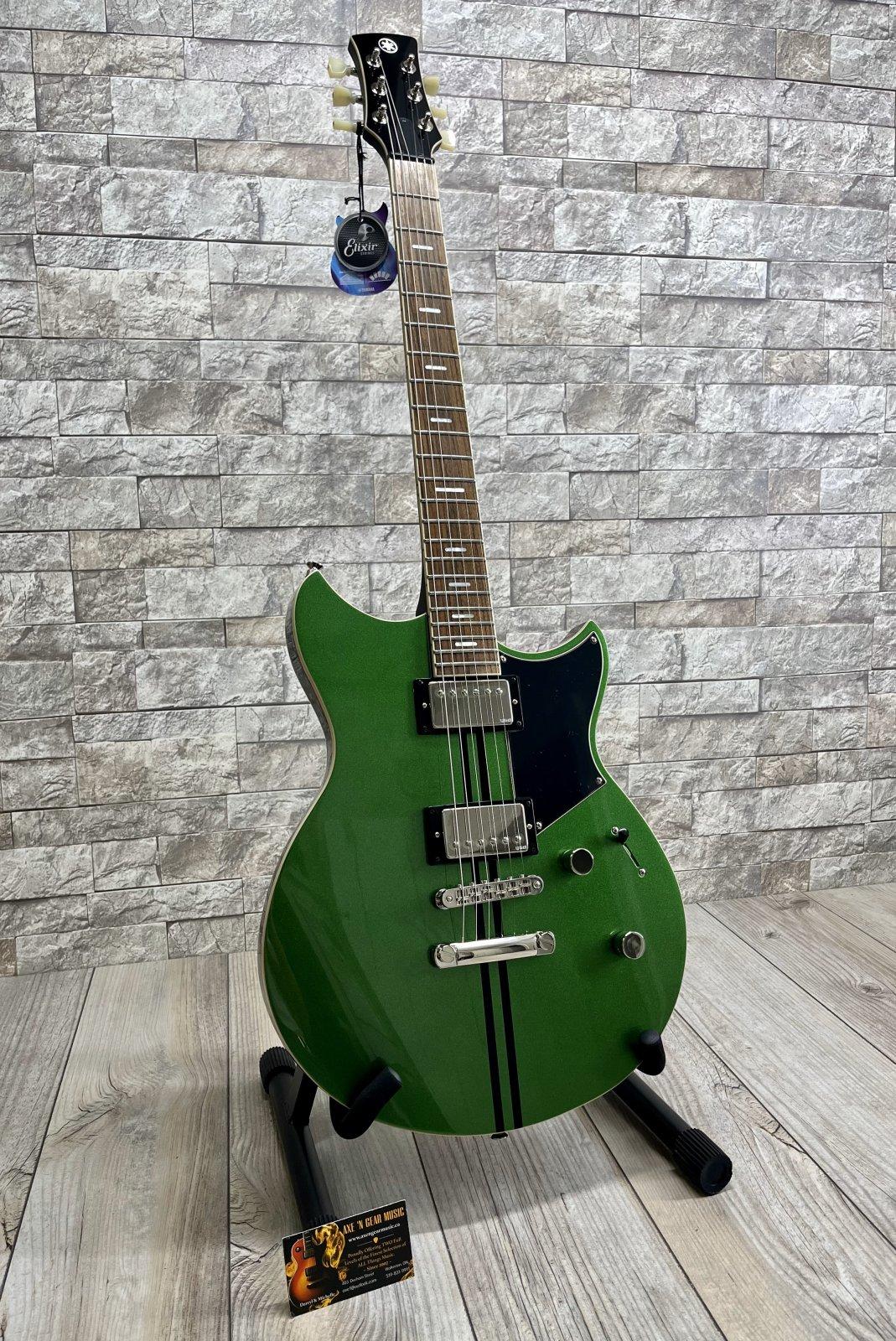The Indian Scenario: Challenges in Virology Specimen Collection & Transport
India's vast geography, diverse population, varying levels of healthcare infrastructure, and unique logistical challenges significantly impact virology specimen collection and transport.
https://www.marketresearchfuture.com/reports/virology-specimen-collection-market-10798
While major metropolitan areas like Pune boast advanced facilities, a substantial portion of the country still faces hurdles that can compromise diagnostic accuracy and timely disease surveillance.
Key Challenges in the Indian Context:
Infrastructure Disparities:
Rural-Urban Divide: While major cities (like Pune, Mumbai, Delhi) have well-equipped hospitals and private diagnostic chains with modern laboratories and cold chain facilities, many smaller towns and rural areas lack access to appropriate collection supplies (e.g., synthetic flocked swabs, VTM/UTM), reliable electricity for refrigeration, and efficient transport networks.
Temperature Control: Maintaining the "cold chain" (2-8°C for refrigeration, or -70°C for freezing) during transport is a significant challenge across India, especially during peak summer temperatures. Power outages in remote areas can compromise specimen integrity in refrigerators.
Logistical Complexities:
Distance and Connectivity: Transporting specimens from remote villages to central testing laboratories can involve long distances, multiple modes of transport, and significant delays, risking sample degradation.
Last-Mile Delivery: The final leg of transport, often involving local couriers or public transport, may not adhere to strict cold chain or biohazard handling protocols.
Customs and Interstate Movement: While within-state transport is manageable, interstate movement of biological samples, especially for specialized testing, can sometimes face bureaucratic hurdles, although regulations are improving.
Training and Awareness Gaps:
Standard Operating Procedures (SOPs): Inconsistent adherence to SOPs for specimen collection among healthcare workers, particularly in smaller clinics or primary health centers, can lead to suboptimal samples (e.g., cotton swabs, insufficient sample volume, incorrect site).
Importance of Cold Chain: Lack of awareness about the critical importance of immediate refrigeration and proper transport temperatures among ground-level staff can lead to samples being left at ambient temperatures.
Biohazard Safety: Gaps in training on universal precautions and biohazard handling can increase the risk of exposure for healthcare workers and transport personnel.
Cost and Resource Constraints:
High-Quality Supplies: Procurement of high-quality, sterile, and appropriate collection kits (e.g., flocked swabs with VTM/UTM) can be costly, leading some facilities to use cheaper, less effective alternatives.
Refrigeration Equipment: Investing in and maintaining medical-grade refrigerators and freezers with backup power for all collection points is a significant financial burden for the public health system.
Transportation Costs: Specialized cold chain transport can be expensive, limiting its widespread adoption for routine specimen movement.
Data Management and Traceability:
Manual Processes: Many smaller facilities still rely on manual labeling and paper-based requisition forms, increasing the risk of transcription errors, mislabeling, and poor traceability of specimens.
Lack of Integration: Limited integration between collection points and central laboratories in terms of IT systems can hinder real-time tracking and efficient communication.
Impact on Pune's Healthcare System:
While Pune is relatively well-resourced, challenges can still manifest:
Sample Referrals from Surrounding Areas: Hospitals and advanced diagnostic labs in Pune often receive samples from adjacent districts and rural areas. Ensuring the integrity of these referral samples, which may have traveled long distances, is a constant concern.
High Volume and Pressure: During outbreaks (e.g., dengue, H1N1, COVID-19), the sheer volume of samples can strain existing collection and transport logistics, testing the robustness of the system.
Quality Control: Maintaining high standards of specimen quality across numerous collection centers, both private and public, within the city and its periphery requires continuous monitoring and training.
Moving Forward:
Addressing these challenges requires a multi-pronged approach:
Capacity Building: Investing in training programs for all levels of healthcare staff on best practices.
Infrastructure Development: Expanding access to reliable power, medical-grade refrigeration, and cold chain logistics, especially in underserved areas.
Technological Solutions: Leveraging mobile health (mHealth) applications for digital requisitions, barcode scanning for labeling, and IoT-enabled temperature monitoring.
Public-Private Partnerships: Collaborations between government agencies, private diagnostics companies, and logistics providers to strengthen the supply chain.
Standardization: Promoting and enforcing standardized collection kits and transport media across the country.
By systematically addressing these challenges, India can significantly enhance its capabilities in virology specimen collection and transport, leading to more accurate diagnoses, more effective disease surveillance, and ultimately, better public health outcomes.
The Indian Scenario: Challenges in Virology Specimen Collection & Transport
India's vast geography, diverse population, varying levels of healthcare infrastructure, and unique logistical challenges significantly impact virology specimen collection and transport.
https://www.marketresearchfuture.com/reports/virology-specimen-collection-market-10798
While major metropolitan areas like Pune boast advanced facilities, a substantial portion of the country still faces hurdles that can compromise diagnostic accuracy and timely disease surveillance.
Key Challenges in the Indian Context:
Infrastructure Disparities:
Rural-Urban Divide: While major cities (like Pune, Mumbai, Delhi) have well-equipped hospitals and private diagnostic chains with modern laboratories and cold chain facilities, many smaller towns and rural areas lack access to appropriate collection supplies (e.g., synthetic flocked swabs, VTM/UTM), reliable electricity for refrigeration, and efficient transport networks.
Temperature Control: Maintaining the "cold chain" (2-8°C for refrigeration, or -70°C for freezing) during transport is a significant challenge across India, especially during peak summer temperatures. Power outages in remote areas can compromise specimen integrity in refrigerators.
Logistical Complexities:
Distance and Connectivity: Transporting specimens from remote villages to central testing laboratories can involve long distances, multiple modes of transport, and significant delays, risking sample degradation.
Last-Mile Delivery: The final leg of transport, often involving local couriers or public transport, may not adhere to strict cold chain or biohazard handling protocols.
Customs and Interstate Movement: While within-state transport is manageable, interstate movement of biological samples, especially for specialized testing, can sometimes face bureaucratic hurdles, although regulations are improving.
Training and Awareness Gaps:
Standard Operating Procedures (SOPs): Inconsistent adherence to SOPs for specimen collection among healthcare workers, particularly in smaller clinics or primary health centers, can lead to suboptimal samples (e.g., cotton swabs, insufficient sample volume, incorrect site).
Importance of Cold Chain: Lack of awareness about the critical importance of immediate refrigeration and proper transport temperatures among ground-level staff can lead to samples being left at ambient temperatures.
Biohazard Safety: Gaps in training on universal precautions and biohazard handling can increase the risk of exposure for healthcare workers and transport personnel.
Cost and Resource Constraints:
High-Quality Supplies: Procurement of high-quality, sterile, and appropriate collection kits (e.g., flocked swabs with VTM/UTM) can be costly, leading some facilities to use cheaper, less effective alternatives.
Refrigeration Equipment: Investing in and maintaining medical-grade refrigerators and freezers with backup power for all collection points is a significant financial burden for the public health system.
Transportation Costs: Specialized cold chain transport can be expensive, limiting its widespread adoption for routine specimen movement.
Data Management and Traceability:
Manual Processes: Many smaller facilities still rely on manual labeling and paper-based requisition forms, increasing the risk of transcription errors, mislabeling, and poor traceability of specimens.
Lack of Integration: Limited integration between collection points and central laboratories in terms of IT systems can hinder real-time tracking and efficient communication.
Impact on Pune's Healthcare System:
While Pune is relatively well-resourced, challenges can still manifest:
Sample Referrals from Surrounding Areas: Hospitals and advanced diagnostic labs in Pune often receive samples from adjacent districts and rural areas. Ensuring the integrity of these referral samples, which may have traveled long distances, is a constant concern.
High Volume and Pressure: During outbreaks (e.g., dengue, H1N1, COVID-19), the sheer volume of samples can strain existing collection and transport logistics, testing the robustness of the system.
Quality Control: Maintaining high standards of specimen quality across numerous collection centers, both private and public, within the city and its periphery requires continuous monitoring and training.
Moving Forward:
Addressing these challenges requires a multi-pronged approach:
Capacity Building: Investing in training programs for all levels of healthcare staff on best practices.
Infrastructure Development: Expanding access to reliable power, medical-grade refrigeration, and cold chain logistics, especially in underserved areas.
Technological Solutions: Leveraging mobile health (mHealth) applications for digital requisitions, barcode scanning for labeling, and IoT-enabled temperature monitoring.
Public-Private Partnerships: Collaborations between government agencies, private diagnostics companies, and logistics providers to strengthen the supply chain.
Standardization: Promoting and enforcing standardized collection kits and transport media across the country.
By systematically addressing these challenges, India can significantly enhance its capabilities in virology specimen collection and transport, leading to more accurate diagnoses, more effective disease surveillance, and ultimately, better public health outcomes.











